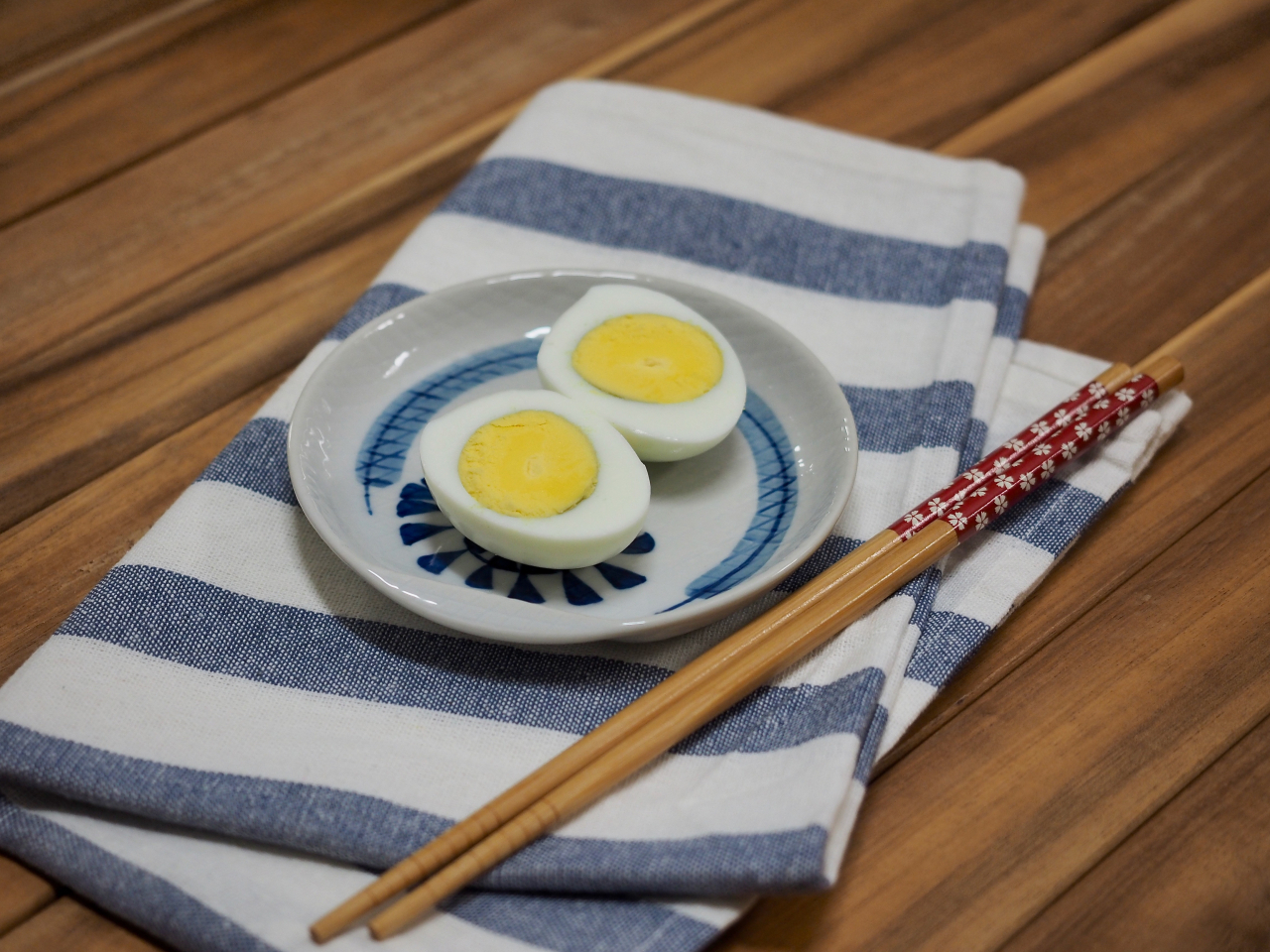
Nearly 60 percent of Korean nationals in their twenties skip breakfast, while 34 percent of the entire population skip the first meal of the day, according to the Korea Disease Control and Prevention Agency.
The group with the highest portion of people who did not eat breakfast was women in their twenties at 63.3 percent. However, when comparing men and women across all age groups, slightly more men skipped the meal by a difference of 2.4 percentage points.
The survey was one component of the KDCA's 2022 national health statistics, in which the organization also expressed their concerns about increases in chronic illnesses and alcohol consumption among Korea's population.
The question of whether or not one should eat breakfast is a subject of ongoing debate in the field of nutrition. In an article on this topic, "Association between Breakfast Frequency and Metabolic Syndrome among Young Adults in South Korea," published in in October 2023, authors Hyo-myoung Kim, Hyun-jung Kang, Dong-hoon Lee, Su-min Jeong and Hee-kyung Joh showed a link between skipping breakfast and metabolic syndrome in adults aged 18-39.
The authors argue that those who eat breakfast generally tend to have a healthier lifestyle overall, though they caution that correlation does not equal causation.
Whereas skipping breakfast might on itself not be a point of concern, those who skip it might opt for more caloric-dense menus for lunch to satisfy their hunger.
In South Korea, eating breakfast has long been seen as a necessity for a healthy lifestyle. Local governments are now implementing support projects to encourage the population to eat breakfast in an attempt to battle metabolic syndrome and chronic illnesses such as diabetes and high cholesterol.
The mantra of eating three meals a day and the importance of starting the day with a hearty meal, are beliefs that spread due to the increase in urban workers in the 20th century, according to the Cultural Heritage Administration.
During the Joseon era (1392-1910), the exact number of meals people ate depended on their status, season and other factors, but people generally ate two meals -- in the morning and evening -- with a light meal in between depending on the situation. When Korea industrialized and working hours changed, eating habits adapted as well.
As there is yet to be a definitive answer on whether or not one should eat breakfast, nutritionists recommend to focus on achieving a consistent and balanced diet.







![[New faces of Assembly] Architect behind ‘audacious initiative’ believes in denuclearized North Korea](http://res.heraldm.com/phpwas/restmb_idxmake.php?idx=644&simg=/content/image/2024/05/01/20240501050627_0.jpg&u=20240502093000)










![[Today’s K-pop] Sunmi to drop single next month](http://res.heraldm.com/phpwas/restmb_idxmake.php?idx=642&simg=/content/image/2024/05/03/20240503050545_0.jpg&u=)